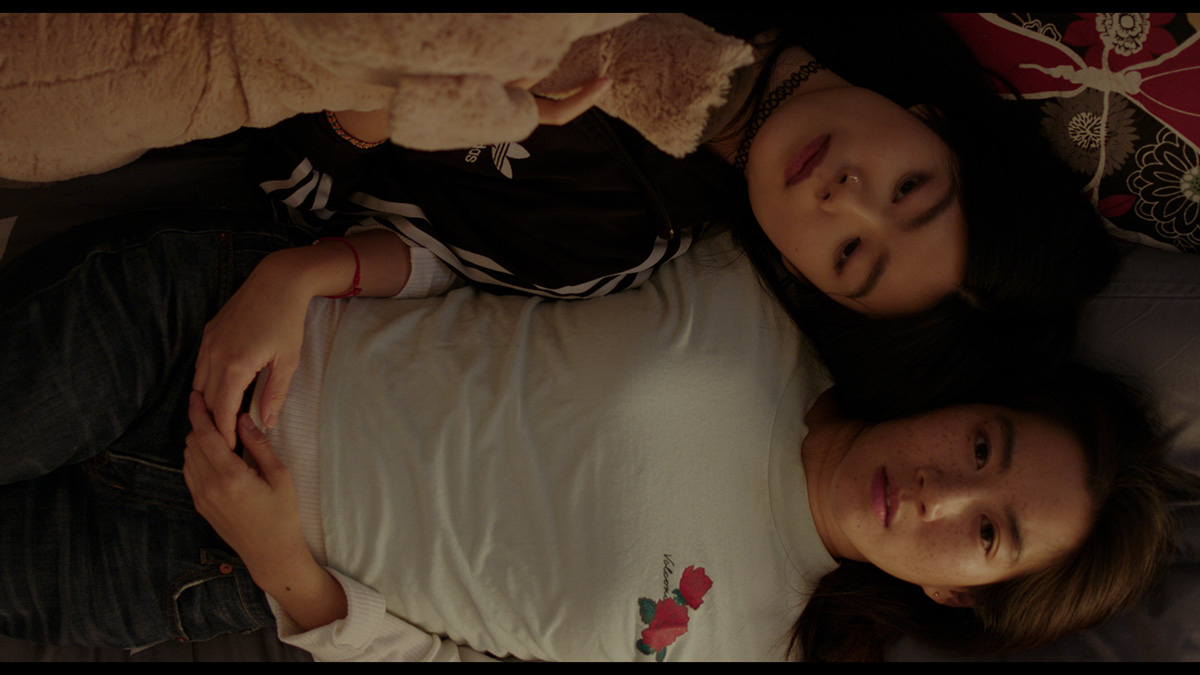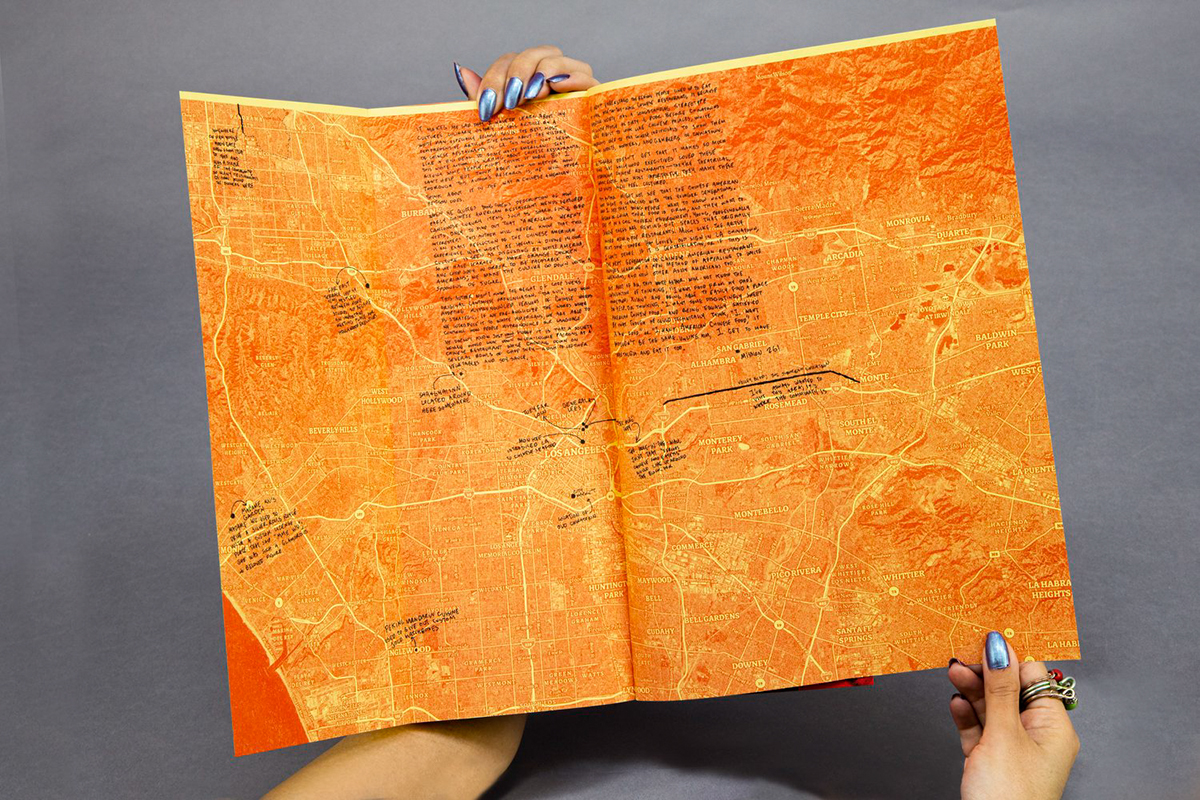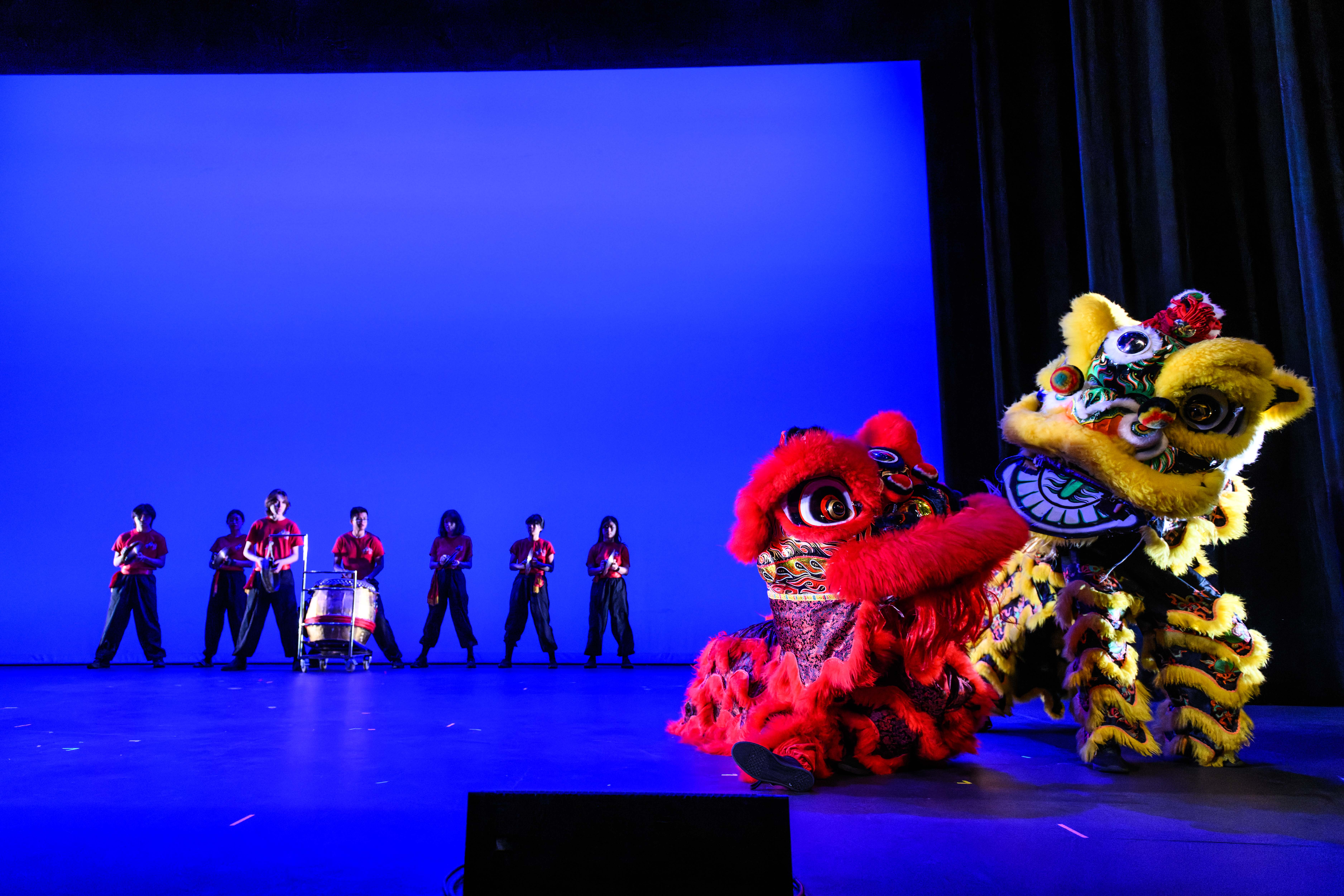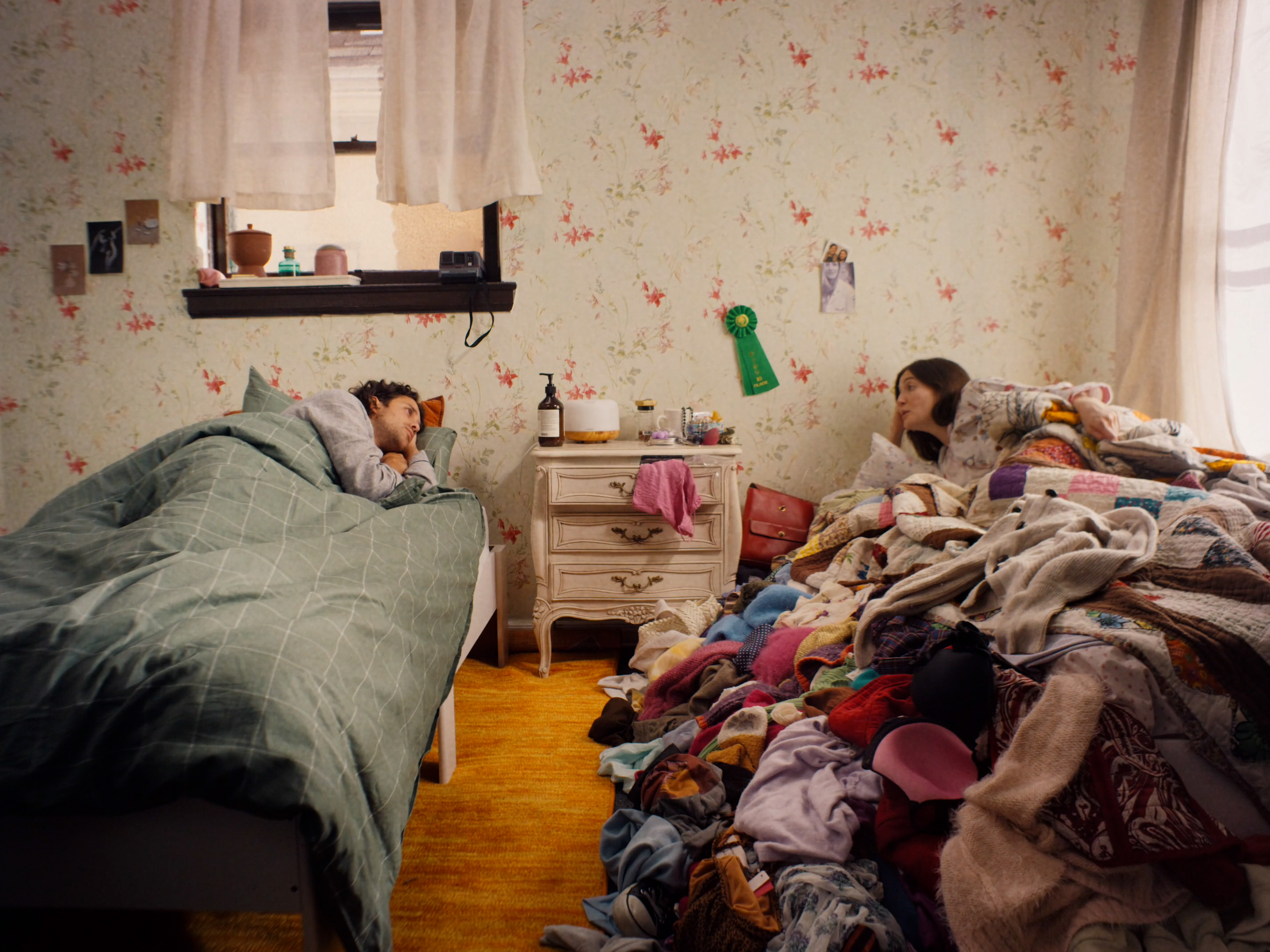Leslie Tai’s ‘How to Have an American Baby’ sheds light on Chinese birth tourism
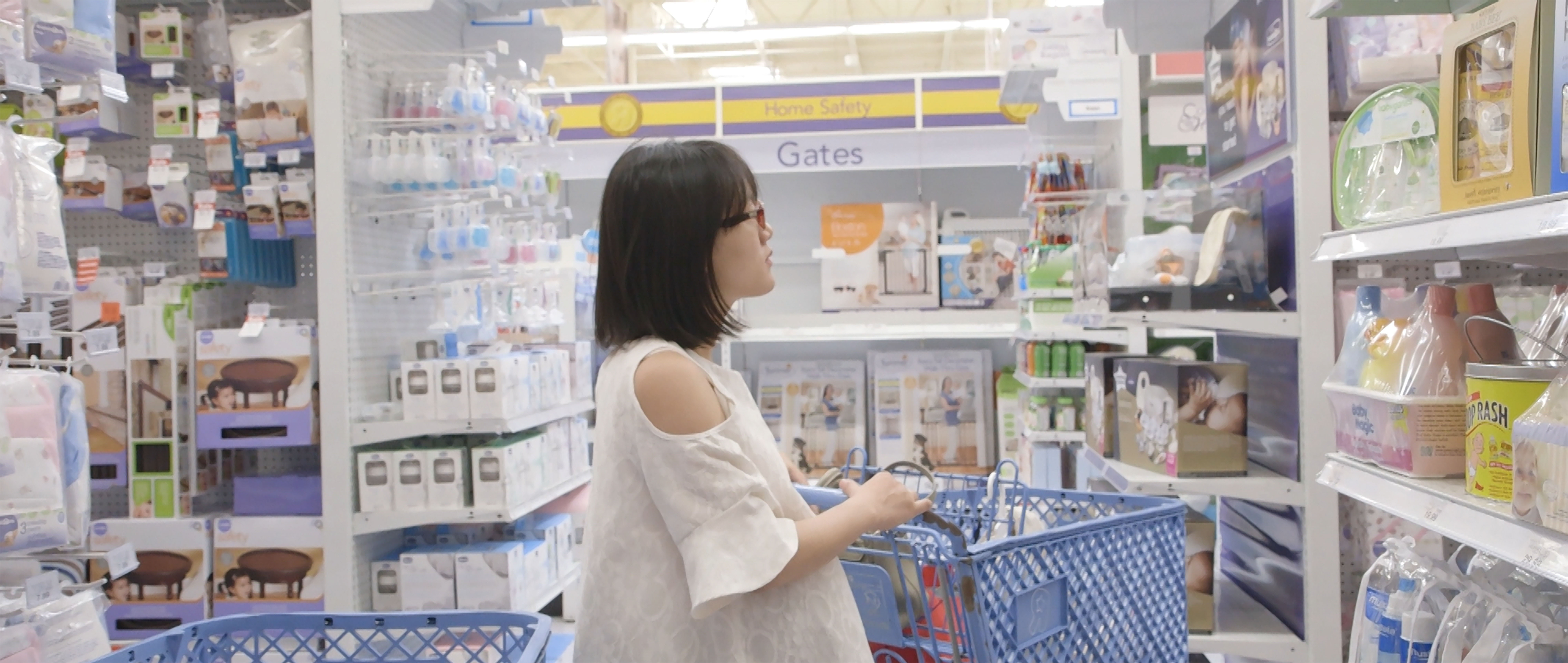
A still from “How to Have an American Baby” shows a pregnant woman shopping. The documentary film exploring the ecosystem of birth tourism was made by alumnus Leslie Tai. (Courtesy of Leslie Tai)
By Ruwani Jayasekara
Feb. 23, 2024 3:56 p.m.
This post was updated Feb. 29 at 9:10 p.m.
From the inside of a maternity hotel, Leslie Tai is bringing a new perspective on birth tourism into the world.
In her new documentary “How to Have an American Baby,” which is available until March 10 on PBS, the alumnus and filmmaker sheds light on the intricacies of Chinese birth tourism in Southern California, unveiling a rapidly expanding economy with an intimate focus on the human stories behind it. Taking a kaleidoscopic approach, Tai said she delved into the entire birth tourism ecosystem, showcasing the experiences of all those involved, from expectant mothers, maternity hotel operators and doctors to the Chinese sales agents marketing the idea of having an American baby.
“In this world, it was very much a network,” Tai said. “It was very much a constellation of all of these lives that were all unfolding simultaneously, and there was no way that I wanted to privilege one story over another one.”
[Related: Emmys 2024: Alumnus Jerry Henry shares his experience working on ‘The 1619 Project’ docuseries]
After graduating from UCLA in 2006, Tai immersed herself in China’s underground documentary film scene on a Fulbright scholarship, she said, furthering her extensive interest in United States-China relations and the intimate perspectives that are often undocumented in mainstream media. Tai said she was initially introduced to the phenomenon of birth tourism while on a phone call with a friend traveling to the U.S. from Beijing to have her own American baby, unearthing a multimillion-dollar economy hidden nearby in the San Gabriel Valley.
The idea to document the journey to motherhood and the intimate experiences behind closed doors was proposed by the people she met living in the maternity hotels, Tai said, as they understood the significance and impact that their stories would have on a greater audience. Isolated in a maternity hotel for several months in a foreign country, many of the mothers sought companionship in Tai, looking to her as a resource to navigate the challenging transition to American society, said producer Jillian Schultz. As the sole cinematographer, Tai said she was able to use her independence as a woman to her advantage, often serving as a translator for the mothers, which resulted in unprecedented access to hospital appointments and delivery rooms.
“I really followed the principle of mutual benefit and the cultural ideal of reciprocity inside of Chinese culture,” Tai said. “They were living inside of something that was much larger than themselves but also much larger than my film. So I think I didn’t always put my film first and foremost.”
Credited as the primary director, producer, editor and cinematographer, Tai said “How to Have an American Baby” was a nine-year process from its inception. In maintaining authenticity to the true experiences of the characters, Tai said much of the footage was unprompted, capturing experiences and visceral reactions in real time. As a result, the editing process proved to be long, as it involved balancing the integrity of the people involved with condensing a nuanced topic into a digestible format for the big screen, Tai added.
“I was trying to develop my own cinematic language, but I also had no control over the footage that I had,” Tai said. “It took many, many years to really understand the story that I was meant to tell and the form that it would take.”
As much of the industry was obscured from the English-speaking world, Schultz said the pair turned to Chinese online marketplaces, responding to classified advertisements for maternity hotels catered specifically toward Chinese tourists. Discovering the industry’s extensive network throughout the San Gabriel Valley, Schultz said the local community of recent immigrants lends itself to the flourishing economy, establishing an entrepreneurial endeavor through an unconventional career path.
Birth tourism has predominantly been portrayed in the media as a linear narrative, Tai said, creating a narrow and often oversimplified representation of a complex industry. By weaving together intimate storylines and bridging the gap between the Chinese and American parties involved, co-producer Leila Lin said the film establishes a sense of defamiliarization from prevailing narratives and instead highlights the humanity and vulnerability that lie within the stories being told.
“They are all actually really interesting and likable in their own way, but they’re by no means flawless characters,” Lin said. “I think it successfully establishes a sense of connection between the audience and these characters. No matter how foreign they are, there is still something that we end up feeling for them.”
[Related: Melody C. Miller illuminates revolutionary poet ruth weiss with documentary]
Given the political nature of “How to Have an American Baby,” Tai said there is often a proclivity for audiences to project their own fears and preconceived notions onto the film, yet she invites viewers to question the strength of their grasp on the topic. Through her kaleidoscopic portrait, Tai said the film’s merit is rooted in the human aspect, illustrating the raw emotions and anxieties of the women at the heart of the system.
“I think it’s doing its job in terms of shattering people’s preconceptions that they come into the film with, and it’s doing the job of making people unsure of what they think they know,” Tai said. “I’m not the expert on Chinese birth tourism, I’m just here to be a witness and document these human stories to the extent that has helped change people’s minds.”



